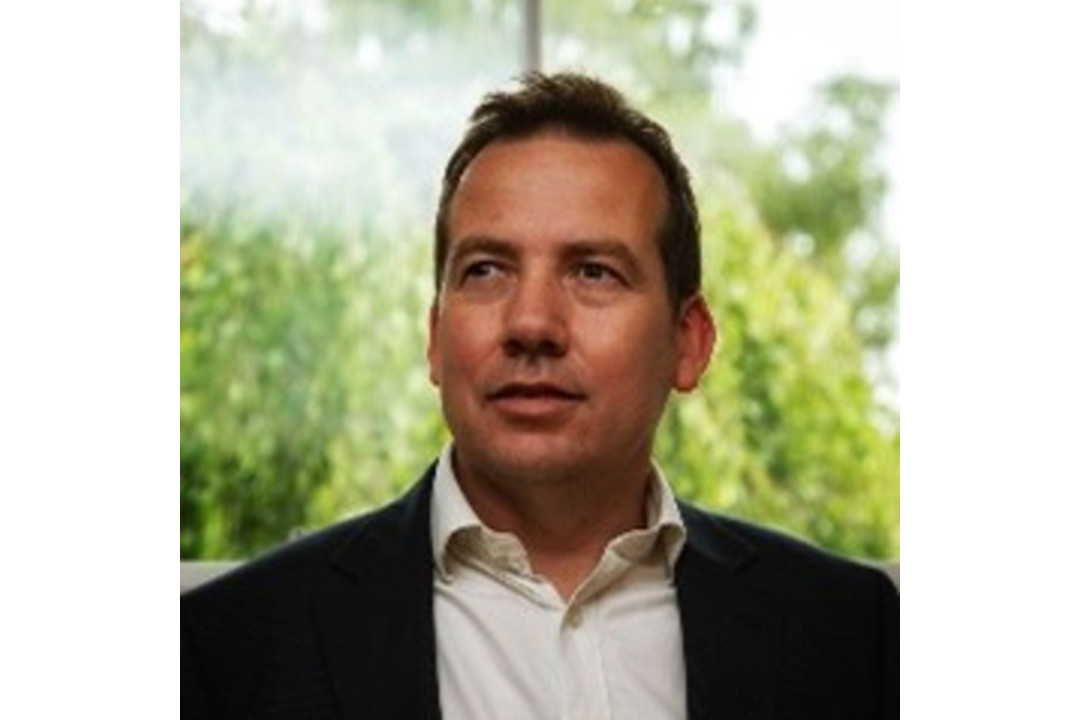
Approximately 6 million people who need hearing healthcare in the UK are not accessing it. Those not in the hearing healthcare system face an increased risk of social isolation and depression.
At RNID, we believe there is a real opportunity to transform NHS hearing healthcare to meet these demands and deliver a more cost-effective model, leading to better health outcomes.
We’ve been excited to hear ideas from people with hearing loss, healthcare professionals, academics, and technology experts on what they think could be done to tackle this.
Nathan Hall, NHS England Deputy Director (Physiological Science), shares a few ideas with Crystal Rolfe, RNID Director of Strategy, for improving hearing healthcare in the UK to meet the current and future demand.
Crystal: What idea or change in healthcare are you really excited about?
Nathan: I’m excited about technologies that make healthcare more accessible and help us use the limited time of our skilled health professionals better.
We face a significant issue with access to hearing healthcare. By that I mean more people need support than what we can currently provide.
There are many ways technology can help us in this. Technology has great potential to improve access to basic hearing healthcare by allowing non-specialists to support and empower people to manage their hearing health.
There have been some successful pilots, such as using a 3-in-1 digital otoscope in pharmacies and automating referrals into the appropriate services. This allows us to meet demand in new ways and ensure those indivduals who will most benefit from a more in-depth hearing assessment get quicker access to the right test.
Crystal: How can we encourage these ideas to spread and benefit more people?
Nathan: While I’m interested in new technologies, I want to see healthcare services adopt them more quickly. We’re often too busy doing things the old way to be able to change the way we do things.
Investment in health services hasn’t been sufficient to support the growth and implementation of new ideas.
Some areas are working on improvements and innovations, but we need services to work as networks of providers to help the way we share ideas across indivduals services and scale implementation of innovations.
Crystal: How could technology improve people’s experience of hearing healthcare?
Nathan: I think it is important to keep improving how hearing aids work. Recent technology advancements, particularly AI (Artificial Intelligence) features, can improve people’s experience by adapting to their specific needs, such as noisy environments.
The NHS needs to keep pace with these advancements so that people who need them can access the best treatment options through the NHS.
With the rise of wearable technology, there’s an opportunity to rethink how technology helps us live our lives and interact with our environment.
Hearing aids could be multifunctional devices with additional health benefits, such as translation services or monitoring your heart rate.
However, we need to be careful not to increase health inequalities by making sure that access to the best treatment doesn’t depend on whether someone can afford to buy a piece of technology.
Crystal: How can we make sure that technology meets people’s needs?
Nathan: For people seeking hearing healthcare support, it’s important not to generalise their experiences and requirements.
We need to be asking people what they need, what is important to them, and then providing tailored person centred care. Some people will prefer remote care, others will prefer face to face, and others will prefer a mix. We cant respond to these preferences if we don’t ask individuals what is important to them.
For healthcare professionals, there are some exciting opportunities to use technology to improve the way we deliver services.
By using day to day information technology and data, we can better anticipate the demand for services and the capacity to support people. It’s not ground breaking technology, but it can help services be more coordinated and operational.
Share your idea
These are just a few ideas of how technology can support the future of hearing healthcare in the UK. We have found it inspiring to hear ideas from people with hearing loss, healthcare professionals, academics, and technology experts.
As a national charity we believe that by working in collaboration to test and develop solutions with people who are deaf, have hearing loss, and tinnitus, we can make the future better for hearing health.
If you have an idea for the future of hearing healthcare, let us know by emailing [email protected].